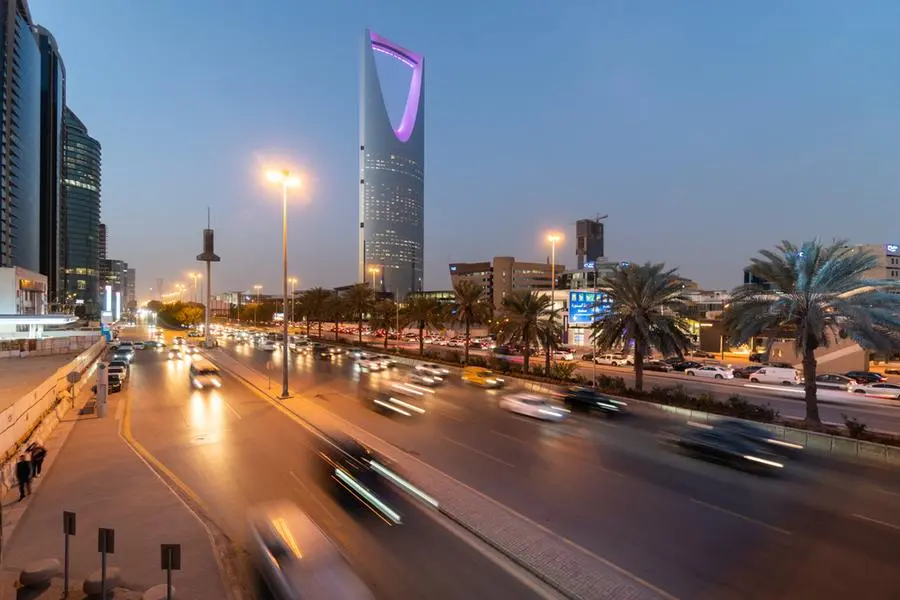PHOTO
Saudi Arabia's non-oil private sector economy expand faster in September and business optimism picked up compared to the previous month, according to a new business survey published on Tuesday.
The seasonally adjusted Riyad Bank Saudi Arabia Purchasing Managers’ Index (PMI) came in at 57.2 in September, up from an 11-month low of 56.6 in August. Notably, the index returned above its long-run average of 56.9.
The firms surveyed reported an increase in output over the month, but growth of purchasing, inventories and employment all softened.
"The pick-up in sales growth was partly helped by a renewed cut in output charges, as firms reported offering discounts to their customers to combat strong competition. Selling prices decreased despite a further robust rise in input prices, placing greater pressure on profit margins," the report said.
The Saudi PMI is a weighted average of the following five indices: New Orders (30%), Output (25%), Employment (20%), Suppliers’ Delivery Times (15%) and Stocks of Purchases (10%). Higher activity was seen in four of the broad sectors, with all categories recording a robust expansion.
Naif Al-Ghaith PhD, Chief Economist at Riyad Bank, said: "Despite the increase in input prices, prices of goods did not register the same increase and were instead muted by stronger competition. Thus, our expectation is that the headline inflation rate for Saudi Arabia will average 2.5% for 2023.
"External headwinds have impacted exports of non-oil companies which decreased slightly in September. However, input and imports are continuing to rise, which would impact the ratio of non-oil exports to imports to below 31," he added.
Business optimism also picked up sharply during September, after falling to the weakest level since mid-2020 in August. Firms were hopeful that improving market conditions and rising sales would continue to support an expansion in activity.
(Writing by Brinda Darasha; editing by Seban Scaria)





















